Today’s readings
I saw a picture on Facebook the other day that a brother priest posted. It was of Francis Cardinal George, of blessed memory, and it was of one of his quotes: “Yes, all are welcome in the Church, but on Christ’s terms, not their own.” Now, that’s a typically blunt quote for Cardinal George, but as tends to be true of his blunt quotes, it definitely rings true. Popular culture, though, would absolutely go berserk over this quote, because, in the popular mindset, it has the ring of judgment and hate and intolerance.
If there’s an unforgivable sin in popular culture, it would definitely be intolerance. And, in some ways, that’s a good thing: we should not be intolerant of others simply because they are different from us. Jesus, in fact, ate with sinners, touched the leper, and died for all of us. But, frankly, there is one thing that he never tolerated, and that is sin. Sin is the thing that keeps us from God, keeps us from the Kingdom, keeps us from happiness in the truest sense. Sin brings death, and Jesus came to put an end to both of those things.
So you never hear about Jesus turning someone away simply because they were a sinner. But after healing them in whatever way you also never hear him say: “Go, and keep on doing what you’re doing because I can accept that.” No, he would say: “Go, and sin no more, so that nothing worse may happen to you.” He can accept the sinner, but never the sin, he can embrace the broken, but insists on repentance. Healing in any form is never permanent where repentance is rejected.
So when we sing “all are welcome, all are welcome, all are welcome in this place,” we are genuine in accepting everyone no matter where they are on the journey, but we are absolutely going to insist that they are on the journey. The Church isn’t a museum for saints, but a hospital for sinners, as the Episcopal priest Morton Kelsey said, and in every hospital people are, hopefully, going to be healed, not stay the way they are.
All of which brings us to today’s Liturgy of the Word. Your homework assignment is to go home and reread today’s readings in light of the background I just gave. I think they have a lot to say about the nature of sin, and healing, and life, and death. In the Old Testament, one lives by keeping the commandments, and that’s a wonderful start, in fact, would that people would actually do that today. But, as the Gospel reading tells us, the Gospel demands much more, a higher ethic based on love, and that is the demand placed before us on our journey of discipleship.
So, do you count yourself among the blessed because you’ve never murdered anyone or participated in an abortion? Well, that’s a good start, but if you’ve harbored anger against another person, if you have refused to forgive them, if you have marginalized a person because of their race, or their language, or their religion, or their sexual orientation, or because of a physical disability, if you have belittled people by sarcasm or bullying, if you have hated another person in any way at any time, then you’ve murdered them in your heart, you’ve violated the fifth commandment, and that’s not okay.
Do you feel righteous because you’ve never had extramarital relations with another person? Great, but that’s just a start. If you have had lustful thoughts about another person, if you have looked at pornography, or fantasized about a relationship with another person; if you have nurtured a relationship that is improper in any way, then you have violated the sixth commandment, and it’s time to turn back.
Do you feel that your word is good as gold because you have never lied under oath? Again, it’s a good start, but if you’ve told a lie of any kind in any situation, even a white lie in most circumstances, if you have not told the whole truth when the truth was called for, if you have misrepresented the truth in any way or have not lived what you believe and profess, then you have violated the eighth commandment and have been dishonest in the truest sense.
These are not words of comfort today, are they? I bring these all out in my preaching today because Jesus makes them urgent. I do it with a sense of deep humility, because I know that I have failed in some of these things more times than I’d care to admit.
Jesus tells us today, “Unless your righteousness exceeds that of the Scribes and Pharisees, you will not enter the kingdom of heaven.” That seems pretty harsh. The Scribes and Pharisees had those six hundred or so laws by which they lived their lives, and some of them were pretty nit-picky if you ask me. So how can we ever hope to enter the kingdom of heaven? It just seems like an impossible task, doesn’t it?
But what Jesus is asking of us isn’t to come up with a list of a whole lot more nit-picky rules. Jesus is asking us to embrace the spirit of the law, and to live it with integrity. That too is daunting, but the good news about choosing to live that kind of righteousness is that it comes with grace. It comes with the gift of the Holy Spirit poured out on us to live the Gospel. We have to pray for that grace every day, and we have to strive to live the rather rigorous righteousness that Jesus calls for in today’s Scripture readings.
As the writer of Sirach in our first reading tells us, this kind of righteousness is a choice that we must make. He says,
He has set before you fire and water
to whichever you choose, stretch forth your hand.
Before man are life and death, good and evil,
whichever he chooses shall be given him.
So, Jesus welcomes us all to this hospital for sinners, and he invites us to partake of its healing. We can’t just keep on sinning and living life on our terms. We have to repent, literally turn away from sin and everything that leads us to sin, and accept the healing that puts us back on the road to the kingdom. Our sins are not who we are and what we have been called to be. We have the Sacrament of Penance to set us back on the right path and to wash our sins away. If you haven’t made a confession in a while, now is the time. Take advantage of the healing grace our Lord longs to pour out on you. I’m always amazed at how much joy I feel when I have gone to confession. It’s the only cure for our unrighteous thoughts, words and actions.
Friends, it’s not easy to live this way, it’s not easy to repent, it’s not easy to go and sin no more. But that is our calling, that is what the Gospel demands of us, that’s what leads us to life. As the Psalmist says today, “Blessed are they who follow the law of the Lord.”
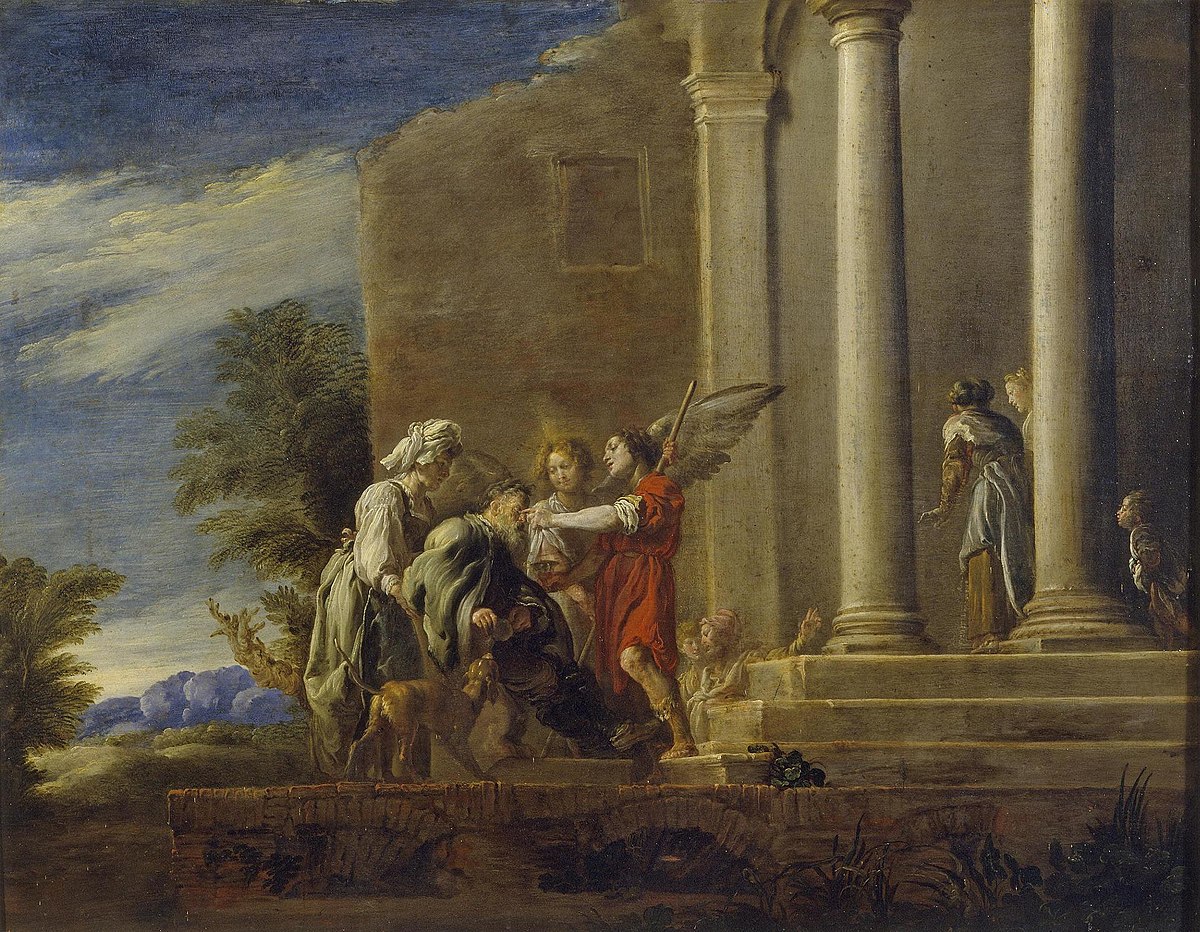
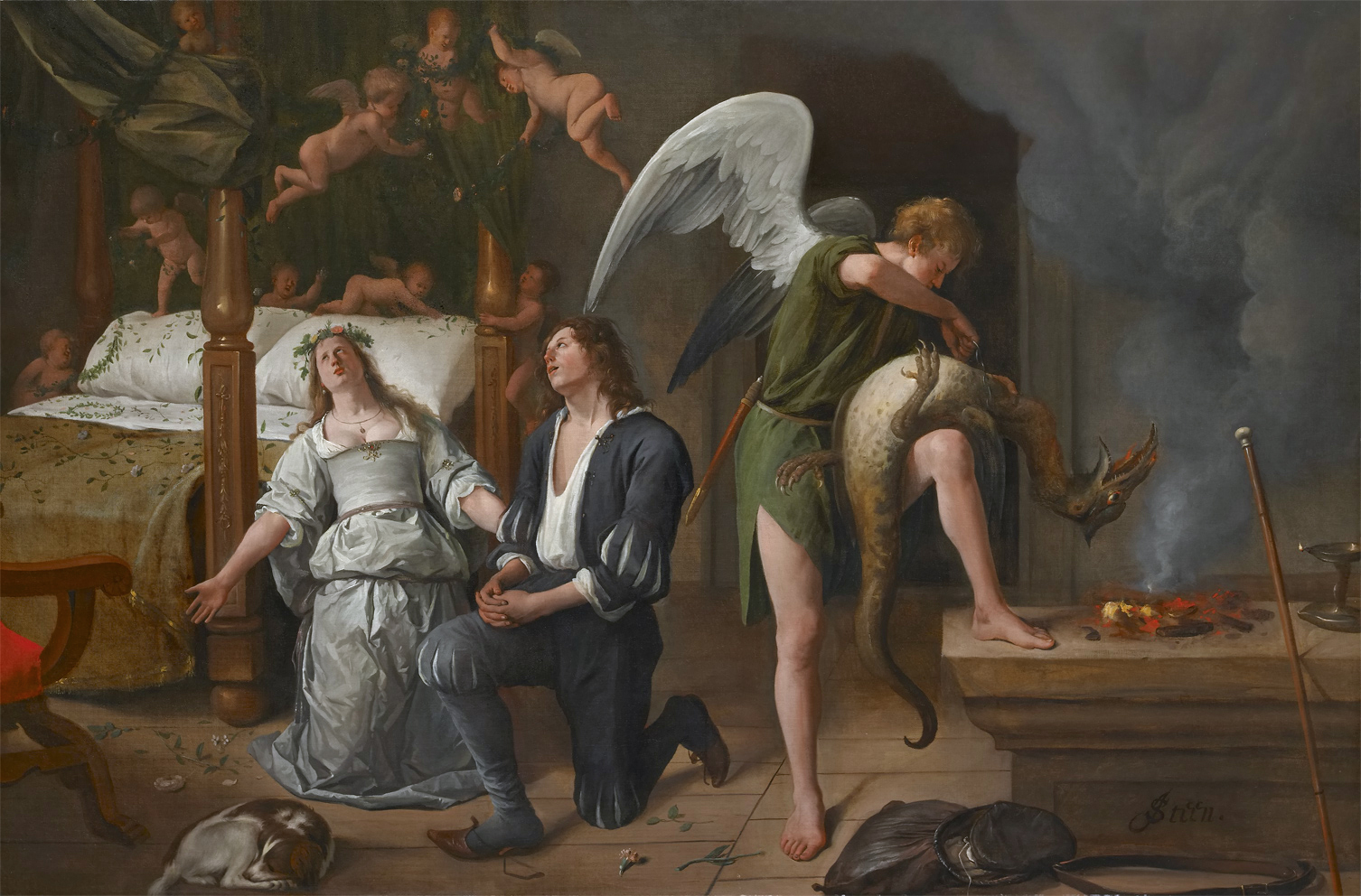
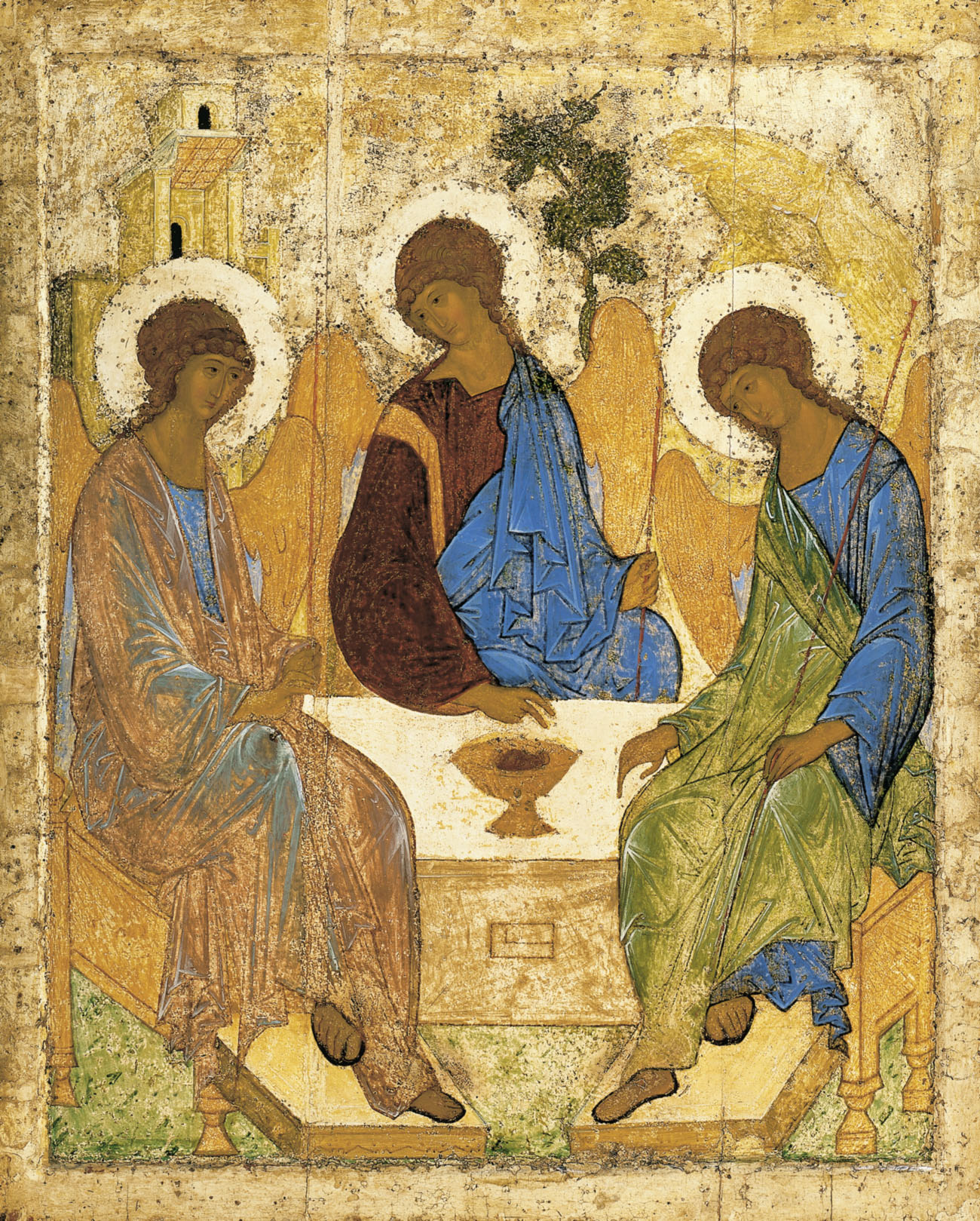

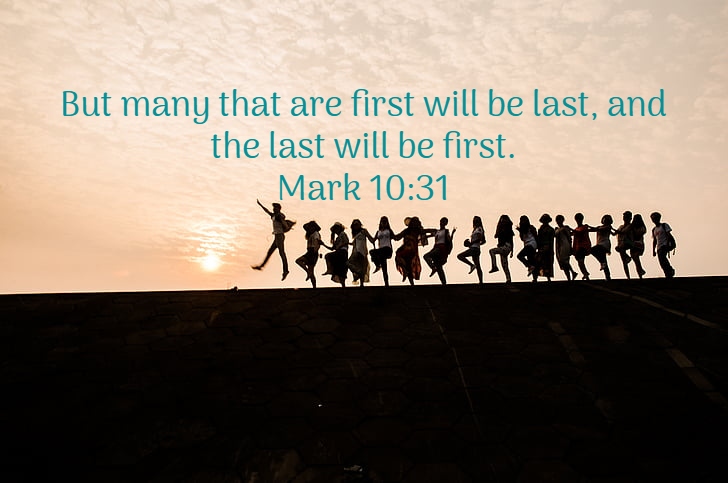
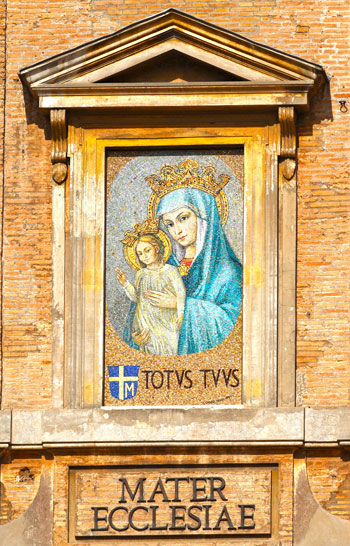
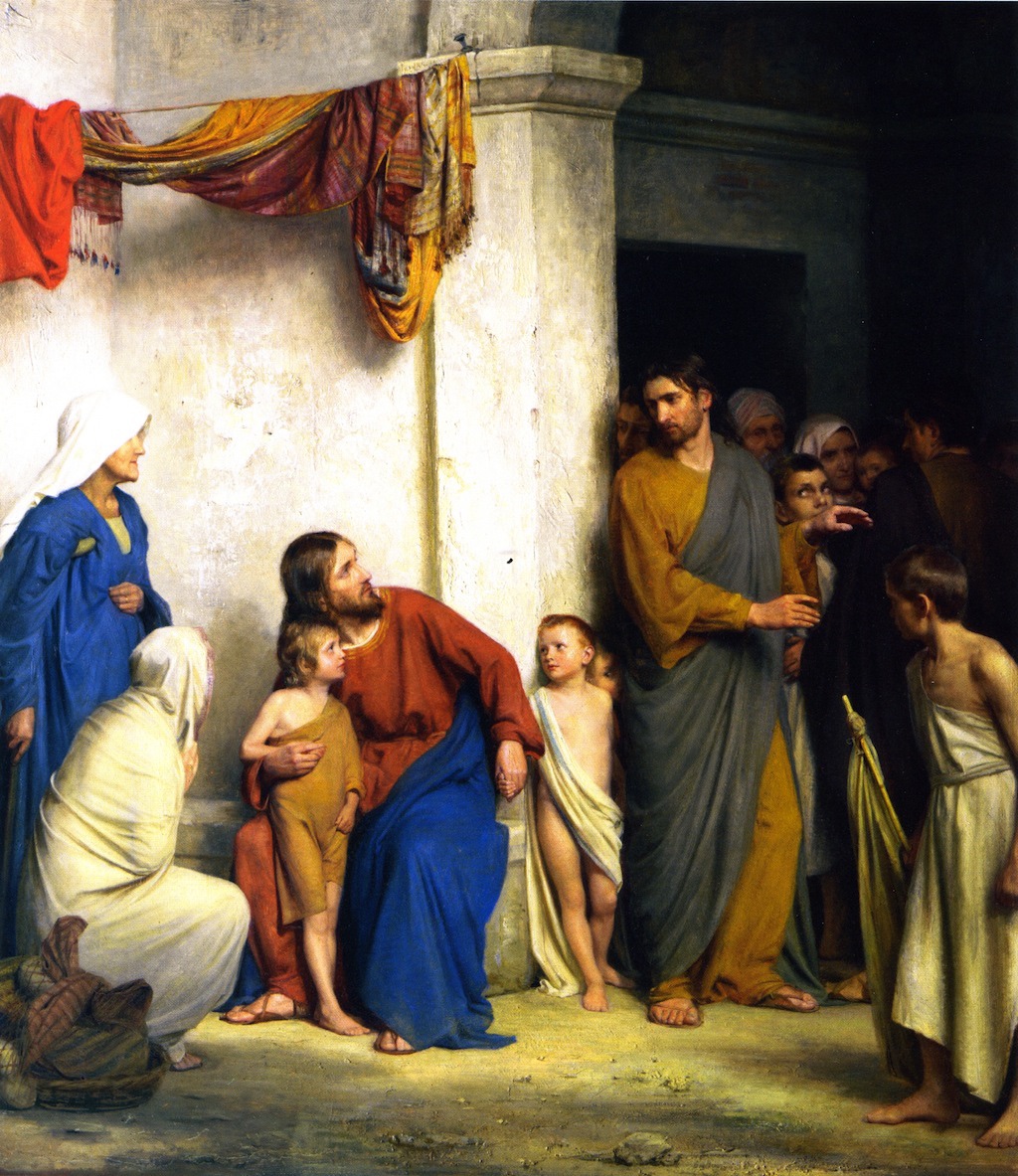
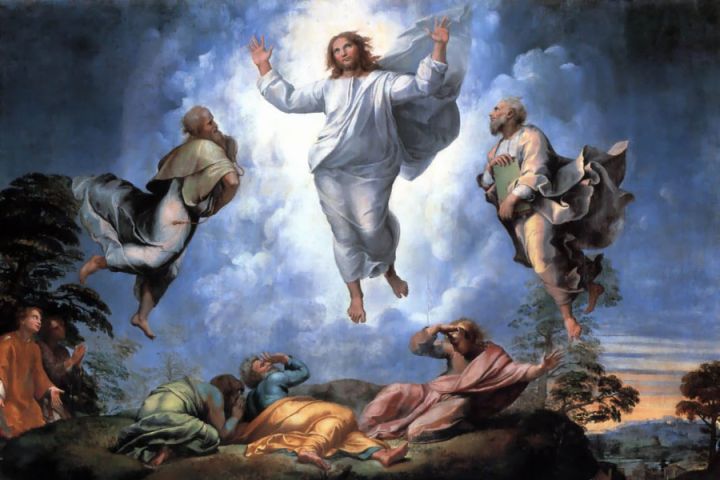
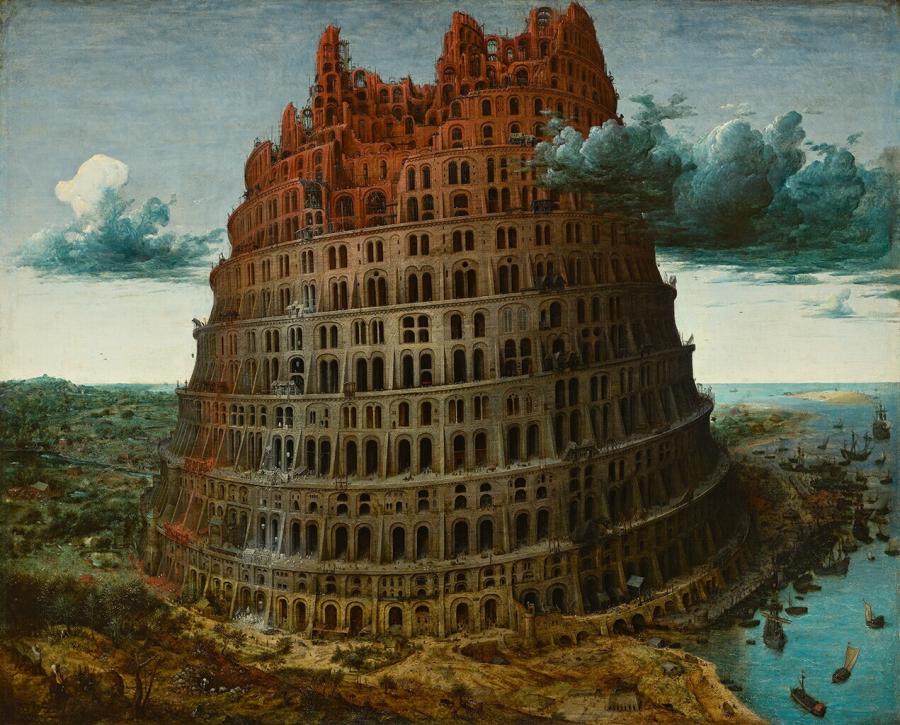

You must be logged in to post a comment.